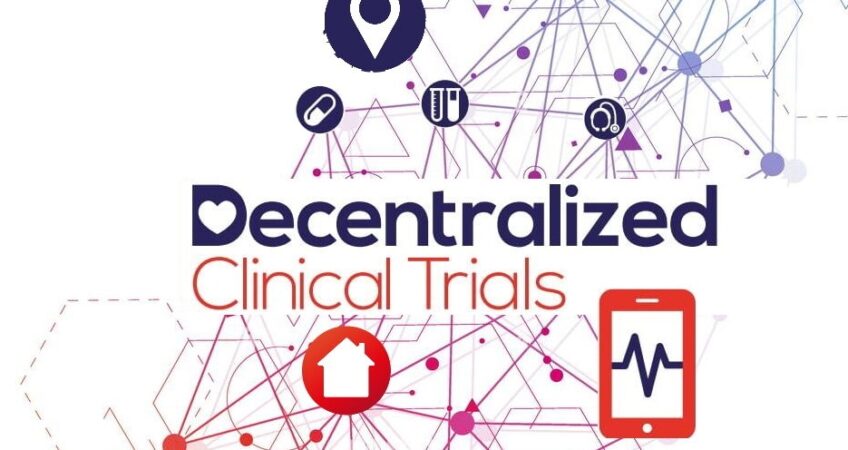Decentralized Clinical Trials (DCT) – are clinical trials evolving into virtual clinical sites?

The discussion about future vision of clinical trials started, from the very first day when Decentralized Clinical Trials (DCT) were mentioned as a method worth consideration for the wider implementation.
The extent to which we should replace traditional clinical trials models with DCT solutions remains unsure mainly due to the non-remitting Covid-19 situation. Although medicine progress during the pandemic is indisputable, social distancing is still the scenario we have to respect. The immediate epidemiological future is uncertain.
At every stage of the discussion about the new methods and technologies proposed by DCT, some clinical trials’ stakeholders wanted to take radical steps to implement DTC on a systematic level while others were more concerned about the cost and drawbacks of such changes. This split remains true today.
Telemedicine in general has still not been recognized as a sufficient and universal solution to patients’ treatment. It is difficult to expect the establishment of telemedicine as an efficient and widely accepted sole method in the near future. However, we should not remain indifferent and passive to the need for implementation of methods improving subject wellbeing. Gathering reliable, real-world data for studies is needed. It is necessary to announce additional values such as improved convenience on an ongoing basis. We need to provide evidence through actual case studies.
Decentralized clinical trials have been discussed even before the pandemic of COVID-19. In some cases, trials (before and during the pandemic) successfully implemented electronic remote informed consent, remote administration of a study drug or home nursing visits. However even those remote solutions remain highly non-universal due to various reasons.
The table below shows some of the factors considered by the sponsors, investigators, and other stakeholders of clinical trials during works on study design and planning the steps of the following implementation.

In the discussion about the DCT it is natural to consider the implications and inherent difficulties of centralized monitoring and remote data verification when they are the sole methods implemented. Once again, Covid-19 pandemic gave us indications: clinical trials need remote solutions but there is a strong need to maintain the monitoring quality at least at a similar level as in traditional on-site monitoring. Why? The symptoms of deterioration in the quality of study data and compliance have already been observed in some of recently audited and inspected studies. There is a strong recommendation from Expert Group to follow a risk proportionate approach, which is required to determine extent and nature of monitoring. It has been communicated that on-site, remote, and centralized monitoring, as well as review of metrics and central medical review of trial data are options, but on-site monitoring is envisaged to remain a requirement in most trials (Peter Twomey, GCP/PV Inspection Manager, “GCP inspections – changes brought about by the CTR” (*).
We must be aware of that and make sure the right tools are in place to appropriately monitor the patients and study data.
The ability to operate remotely is extremely valuable but still cannot be considered fully sufficient. It is crucial to remain open for innovative solutions and maybe in the near future virtual clinical sites will become a frequent topic for discussion in the clinical trials’ world.
Clinmark cooperates with start-ups inventing devices for telemedicine. We support them in clinical development and CE mark certification to make them available on the market. We support and conduct studies on remote data collection and verification.
Our expertise in Logistics is widely appreciated by our Clients especially during study planning & set-up, when modern technologies and methods are required by new environmental and social phenomenon.
